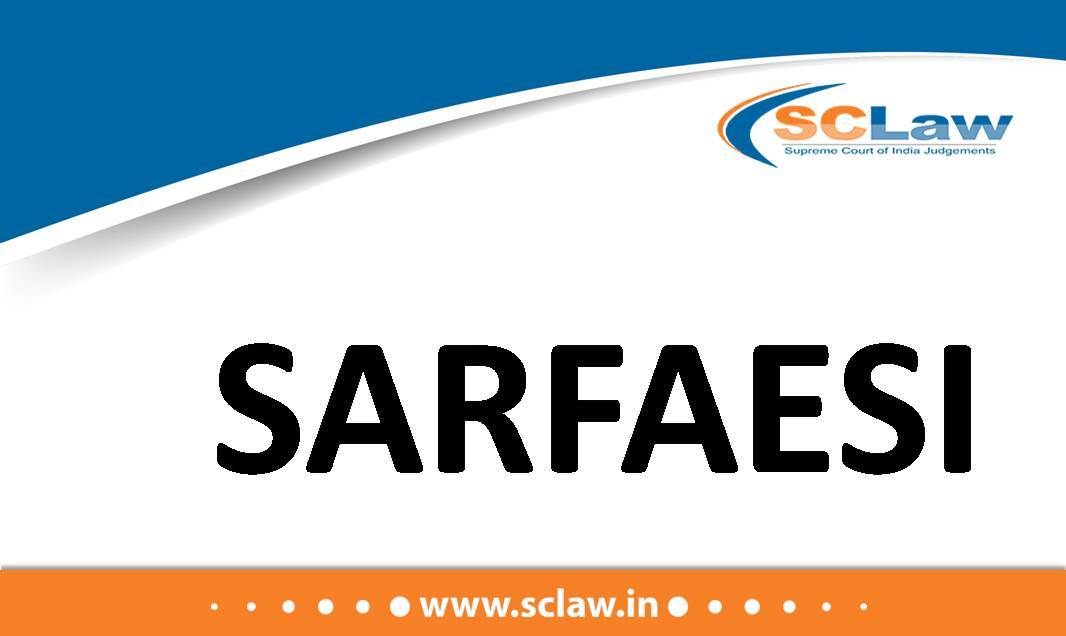(CPC)- S 100 – Dismissal of second appeal without assigning any reasons for conclusion – Court must display its conscious application of mind even while dismissing the appeal at the admission stage – Giving reasons for the conclusion is necessary as it helps the adversely affected party to understand why his submissions were not accepted – High Court cannot dismiss the second appeal in limine without assigning any reasons for its conclusion HELD An appeal under Section 100 of the CPC could be filed both against the ‘concurrent findings’ or ‘divergent findings’ of the courts below.
SUPREME COURT OF INDIA DIVISION BENCH HASMAT ALI — Appellant Vs. AMINA BIBI AND OTHERS — Respondent ( Before : S. Abdul Nazeer and Krishna Murari, JJ. ) Civil Appeal…








